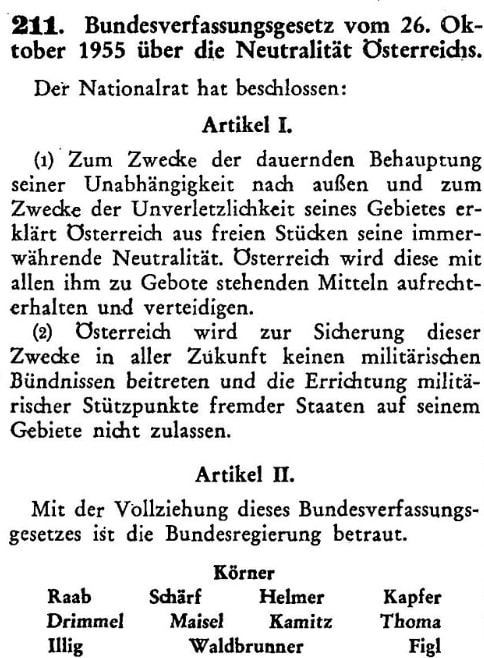National Conservatism?
In Against National Conservatism First Things has Peter Leithart writing about the Edmund Burke Foundation’s National Conservatism Statement of Principles.
He lists a number of laudable aspects of these Principles, including their opposition to universalist ideologies and corrosive globalization, and then zeroes in on two major — and fatal —flaws or weaknesses of the Statement:
- its lack of recognition of the Church’s own, biblically-rooted universalism or globalism, and
- its failure to recognize the Bible as the Word of God rather than merely a wellspring of national values, a source of shared culture or a ground of national tradition.
These are well-founded and valuable criticisms, and I am in full agreement with them.
Let me add a couple of observations of my own, light-weight though they may be compared to Peter Leithart’s.
Firstly, as a European, and more specifically Austrian, of the first post-WW II generation I am deeply suspicious of any ideology or philosophy that is prefixed with National. I was born ten years after the end of the war, and I grew up with post-war reconstruction well underway; but the tragic results of National Socialism were still evident in many areas of life. And recently we have seen the rise of leaders like Donald Trump, Lech and Jaroslav Kaczynski, Victor Orban, and Recep Tayyip Erdogan, all of whom view themselves, as do their followers, as National Conservatives and true patriots, a label which they deny their political opponents. It would not have been fair to mention him in the same sentence as the others, but Vladimir Putin is of the same ilk, only more so. Hitler’s nazis sang, “Deutschland über alles”, Trump proclaimed “America First” and “Make America Great Again”, and Putin phantasizes about an ever-expanding Russkiy Mir, the Russian World, and is prepared to use military force to realize that dream. It sounds just all too familiar to me. And while the signatories of the statement would definitely disown Putin, especially after his illegal invasion of and war against Ukraine, Victor Orban’s Hungary is hailed by some conservatives in the US as a bulwark of Christendom surrounded by rampant secularism.
Secondly, it is all very well for “National Conservatives” in the United States championing the nation state and opposing the transferring of authority to international bodies, when their “nation” is almost the size of the entire continent of Europe or more than twice the size of the European Union1. No doubt the European Union, as a trans-national, international body has its flaws, and one can debate whether member states have ceded to much power to the EU institutions, and it is unfortunately also true that the EU has left the Christian values of it’s founders behind (but that is no more than a reflection of developments in the member states), but this is not too different from the discussions in the US about the respective powers of the individual states and the federal government. More importantly, the European Union, or something very much like it, is the only way the nations of Europe can have any hope of competing, economically and politically, with the United States.
Thirdly, when it comes to, «In nations with a Christian majority, Christianity should be at the root of public life and “honored by the state.”», I am very sure that train has already left the station, and it’s not coming back, in any of the Western nations. And when I think of the influence of Trump’s national conservatism on American Evangelicalism, or that of Putin’s national conservatism on the Orthodox Church and others in Russia, both of which are massively more corrosive than anything coming from the international organizations, then it seems to me that our primary concern at the moment should be not with globalization but with toxic, almost idolatrous, Christian nationalism.
__________- Size in square kilometer: US–9.8 million, EU–4.2 million, European continent–10.2 million[↩]


